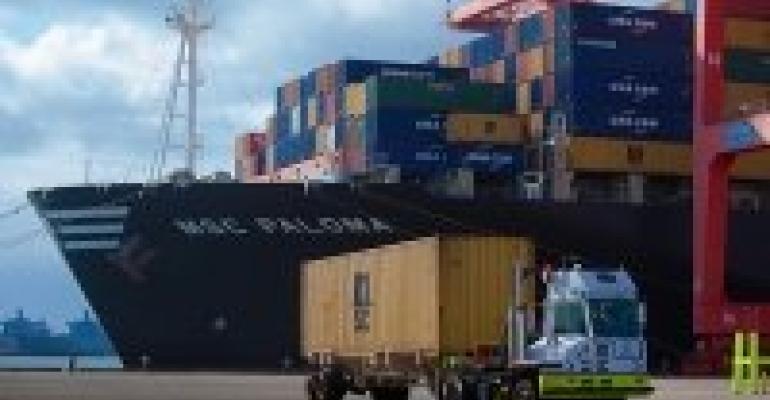MSC said that the measures the line would implement to meet the 0.5% sulphur regulation would cost it in excess of $2bn a year. To meet increased operating costs MSC will be introducing a new Global Fuel Surcharge from the start of next year which it said would help customers plan for the impact the fuel regime post-2020.
“The new MSC Global Fuel Surcharge will replace existing bunker surcharge mechanisms and will reflect a combination of fuel prices at bunkering ports around the world and specific line costs such as transit times, fuel efficiency and other trade-related factors,” the company said.
The 0.5% sulphur cap has been estimated to cost the container shipping industry $15bn annually from 2020, and CMA CGM estimates it will equate to an additional $160 per teu on average based on current conditions.
Read more: CMA CGM say sulphur cap to cost an additional $160 per teu
Last week Maersk, MSC’s partner in the 2M alliance, announced it would be introducing a new bunker adjustment factor from 1 January 2019 to pass on the additional costs of complying with the sulphur cap.
The announcement drew the ire of shipper and freight forwarder representative bodies, but as well as MSC most other major lines look set to follow with their own surcharge structures. CMA CGM, APL, Orient Overseas Container Line (OOCL) and Ocean Network Express (ONE) have all said the additional costs will have to be passed onto customers.
Read more: ONE, OOCL and APL say shippers must pay additional costs of sulphur cap
Copyright © 2024. All rights reserved. Seatrade, a trading name of Informa Markets (UK) Limited. Add Seatrade Maritime News to your Google News feed.


